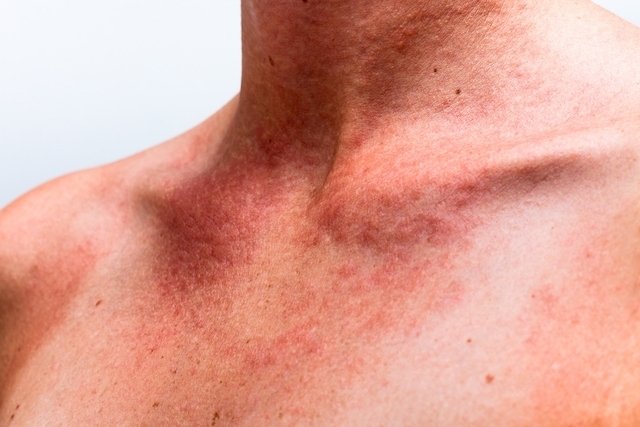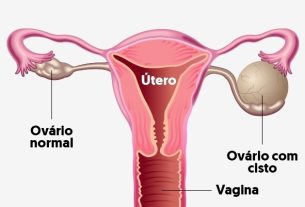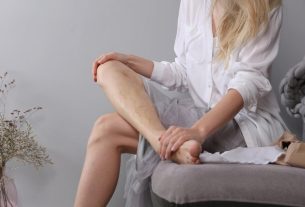Nervous urticaria is a situation in which the symptoms of hives are triggered by emotional factors, mainly stress. Thus, in these situations, itching, redness, burning and plaques on the skin may be noticed.
Urticaria is an exaggerated reaction of the immune system to some type of substance, such as medication, food, insect bites or sun exposure. Learn more about urticaria.
It is important that a dermatologist or allergist is consulted so that symptoms can be assessed, the cause can be investigated and the most appropriate treatment can be indicated.

Main symptoms
The main symptoms of nervous urticaria are:
- Intense itching all over the body;
- Swelling in the itchy area;
- Skin irritation;
- Injuries or inflamed plaques;
- Redness of the skin;
- Burning skin.
It is also common for people with nervous urticaria to present other psychological and behavioral changes, such as headaches, changes in healing, depression and anxiety.
How to confirm the diagnosis
The diagnosis for urticaria consists of a physical examination carried out by a dermatologist or allergist, who may also ask some questions to understand what may have triggered the symptoms, such as activities that have been carried out, foods or medications ingested, areas where urticaria usually appear. spots or frequency of episodes, for example.
Typically, no specific test is needed to confirm nervous urticaria unless another cause is suspected, such as food or medication.
Make an appointment with your nearest allergist to investigate the cause of the hives:
Taking care of your health has never been easier!
Main causes
Nervous urticaria is triggered by psychological factors, so the symptoms appear mainly when the person becomes more anxious or stressed, for example, being more common in people who are predisposed to urticaria.
Thus, the symptoms of nervous urticaria can appear as a result of excessive work, changes in routine, family conflicts, job loss, frustration or any other factor that can generate stress.
How the treatment is carried out
Treatment for nervous urticaria is carried out with the aim of relieving symptoms, with the doctor most often recommending the use of antihistamines, which relieve itching and skin irritation. Treatment must be followed according to medical advice, as dosages above or below the recommended dose may hinder the treatment of urticaria, worsen symptoms or cause other problems. See the main treatment options for urticaria.
Furthermore, as “nervous urticaria” is triggered by emotional changes, it is recommended to be monitored by a psychologist who can help the person control their emotions, thus reducing the frequency of urticaria attacks.
The symptoms of hives can also be relieved at home, by taking a bath with oatmeal and lavender, which reduces itching and skin irritation, or by taking a bath with Epson salts and almond oil, as it has anti-inflammatory properties. -inflammatory, analgesic and calming, promoting well-being and reducing skin irritation. Check out 4 home remedies for hives.

Sign up for our newsletter and stay up to date with exclusive news
that can transform your routine!
Warning: Undefined array key "title" in /home/storelat/public_html/wp-content/plugins/link-whisper-premium/templates/frontend/related-posts.php on line 12
Warning: Undefined array key "title_tag" in /home/storelat/public_html/wp-content/plugins/link-whisper-premium/templates/frontend/related-posts.php on line 13




